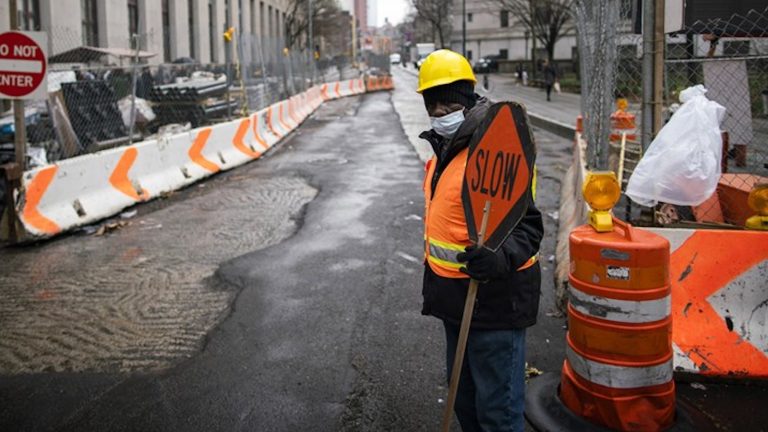As an Emergency Manager in the years that followed 9/11, I participated in the efforts to revamp past civil defense era planning efforts. Our agencies, equipped with personnel and supplies funded by a fledgling Department of Homeland Security, grew in purpose to support the homeland defense mission touted at the time. We prepared for radiological disaster, chemical attack, and yes—pandemics. We ushered in a new era of centralization for the management of disasters in the US and placed our trust in a strong, militarized Department of Homeland Security.
I set out to make sense of what I saw and, while studying as a doctoral candidate at University of Delaware, undertook a nationwide survey of County Emergency Managers. My purpose, to understand the pay arrangements between the local and federal governments (in light of centralization), was examined through a lens of federalism. While I had an initial sense that agencies were relying on the federal government to fund new staff positions, I had no clue the extent to which local jurisdictions had lost the ability to make sound decisions for their citizens during disaster. Analysis of survey responses painted a surprising picture.
Our nation’s governmental emergency management apparatus was built in exchange for local autonomy. Is it any wonder that we are woefully underprepared for COVID-19?
Emergency managers responded, overwhelmingly, that their very existence at the County level was predicated on federal financial support. In its absence, they noted, their elected officials would likely not maintain its function. Whether or not that is true, federal intervention certainly decreases the local willingness to contribute and places the role of the federal government as primary payer.
In a foreshadowing of today’s situation, respondents to the survey reported that local emergency management did not have sufficient autonomy from the federal government to act in their own best interest or in the interest of local residents. When lives are at stake, this is something that no person wants to hear.
The nationalization of emergency management occurred at the hand of both parties, across many administrations, and with full knowledge that the trade-off that was occurring was money in exchange for dependence. I recall in my own career the oddity of federal contractors assisting us as we squeezed every last penny out of a federal disaster declaration for a snow storm. It felt weird then, I intuitively knew it was wrong, but I could not articulate why.
This week, President Trump tweeted that the provision of assistance during this pandemic is in exchange for the independence of states, and presumably, local jurisdictions too. No one in the governmental emergency management apparatus can be surprised, but it sure smarts to see it shared for the country to see.
Cuomo’s been calling daily, even hourly, begging for everything, most of which should have been the state’s responsibility, such as new hospitals, beds, ventilators, etc. I got it all done for him, and everyone else, and now he seems to want Independence! That won’t happen!
— Donald J. Trump (@realDonaldTrump) April 14, 2020














Add comment